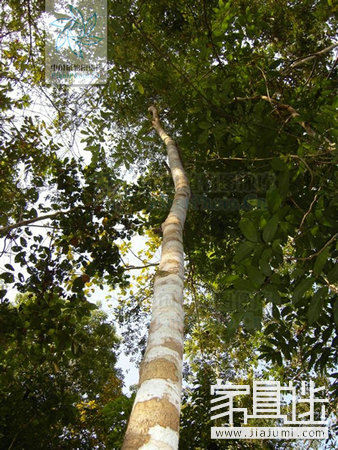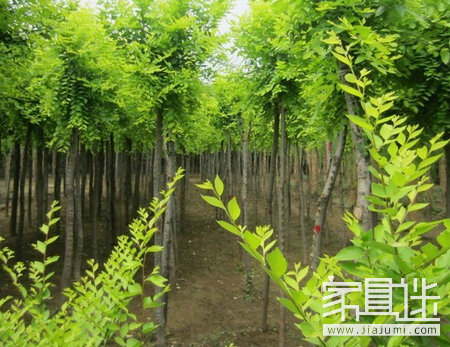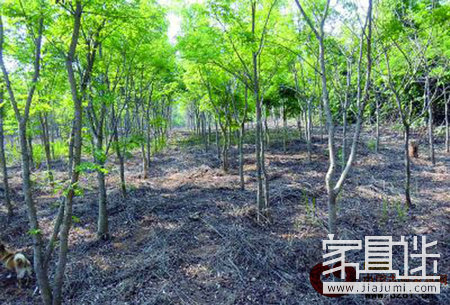Among the 33 tree species listed in China's national standard for "Redwood," only one, the black Dalbergia, is native to China—specifically found in Yunnan. The fragrant Dalbergia from Hainan is well-known and widely cultivated, but the black Dalbergia remains largely overlooked, often referred to as a "tree growing in seclusion."

**Yunnan Black Rosewood**
Black Dalbergia, also known as Banna Ebony or "horn wood" due to its hard, horn-like texture, is commonly called "sour fragrant tree" because of its distinct scent. It is mainly found in Xishuangbanna, Yunnan. Locally, the Yi people refer to it as "buried color" or simply "buried." This rare and valuable wood is classified as black rosewood under China’s redwood standard.
The heartwood of black Dalbergia is dark brown with a blackish tinge, dense, and sinks in water. It is highly durable, resistant to termites, insects, and cracking. Its rich grain patterns and exceptional hardness make it ideal for high-end furniture, musical instruments, and interior decoration.
For centuries, ethnic groups like the Dai people in southern Yunnan have used black Dalbergia to craft tools, agricultural implements, and even bridges and homes. These structures can last for hundreds of years, showcasing the wood's incredible longevity.
Currently, China relies heavily on imported redwood materials. With several redwood species now protected under CITES, many countries have imposed export restrictions, leading to a severe shortage of raw materials. Planting black Dalbergia could help secure future resources for China’s redwood industry.
Moreover, black Dalbergia is an important host tree for lac insects, which produce shellac—a key material in industries, including military applications. Cultivating black Dalbergia not only supports strategic wood reserves but also provides income for local farmers through lac insect farming.
Ecologically, black Dalbergia is a strong, resilient species that contributes to forest stability. When mixed with coniferous trees, it reduces fire risks and prevents pest outbreaks. It can also be used to improve degraded forests by replacing low-quality plantations.
In contrast to monoculture crops like bananas or lychees, which are prone to disease outbreaks, planting black Dalbergia can break the spread of pests and attract birds and beneficial insects that naturally control harmful pests.
This fast-growing, low-maintenance tree requires no special care, irrigation, or fertilization. It can self-propagate and thrive in various conditions, making it an ideal candidate for large-scale afforestation.

**Yunnan Black Rosewood**
Black Dalbergia is also an excellent ornamental tree. It can grow up to 20 meters tall, with a broad, umbrella-shaped crown. Its strong wind resistance and dense canopy make it suitable for urban and rural greening projects. The tree supports biodiversity by providing food for wildlife and helping build stable ecosystems.
Its deep root system helps prevent soil erosion, and as a legume, it improves soil fertility. Additionally, it serves as a valuable source of nectar for bees and has medicinal properties.
Though the wood grows slowly, there are multiple revenue streams: selling seedlings, landscape trees, or using the forest for livestock farming. After the trees mature, tourism, eco-tourism, and small wood products can further enhance economic returns.

**Related Reading:**
[What kind of growing environment does the redwood species need?](#)
[Detailed explanation of easily confused redwood species](#)
Kinky Curly Bundles,Curly Bundles Human Hair,Curly Bundles,Brazilian Human Hair Bundles
Xuchang KANAZI Hair Products Co., Ltd. , https://www.kanazihair.com